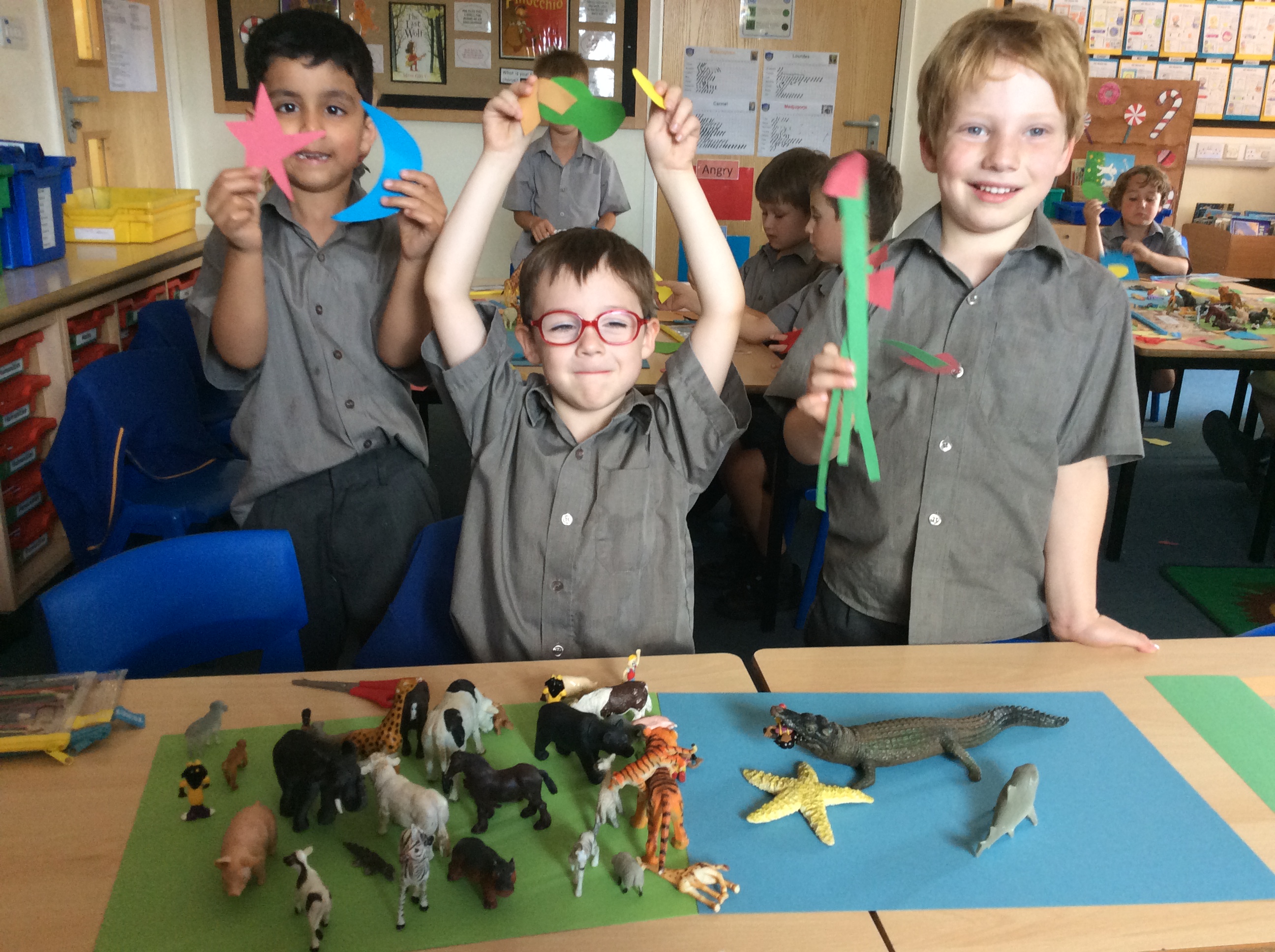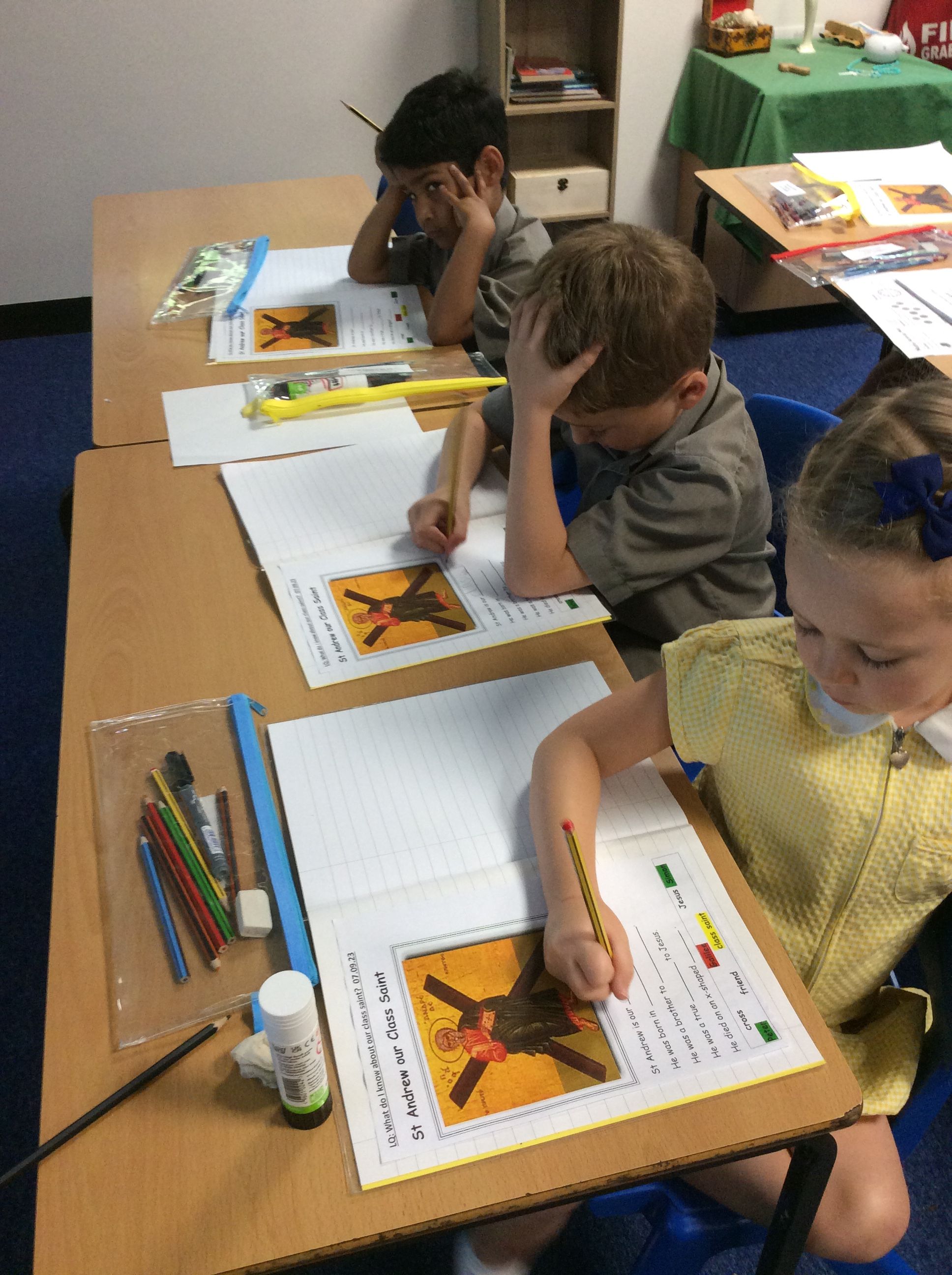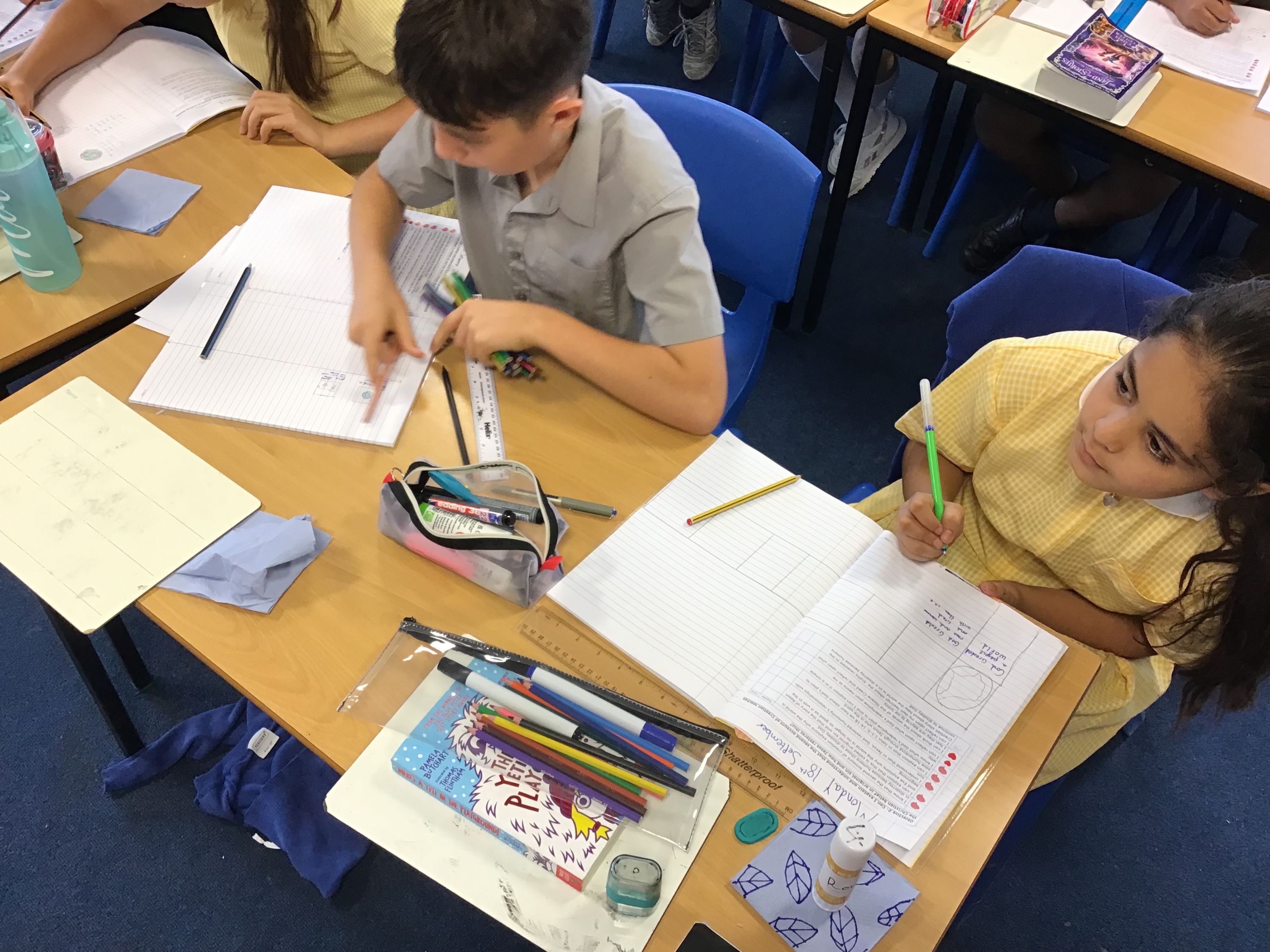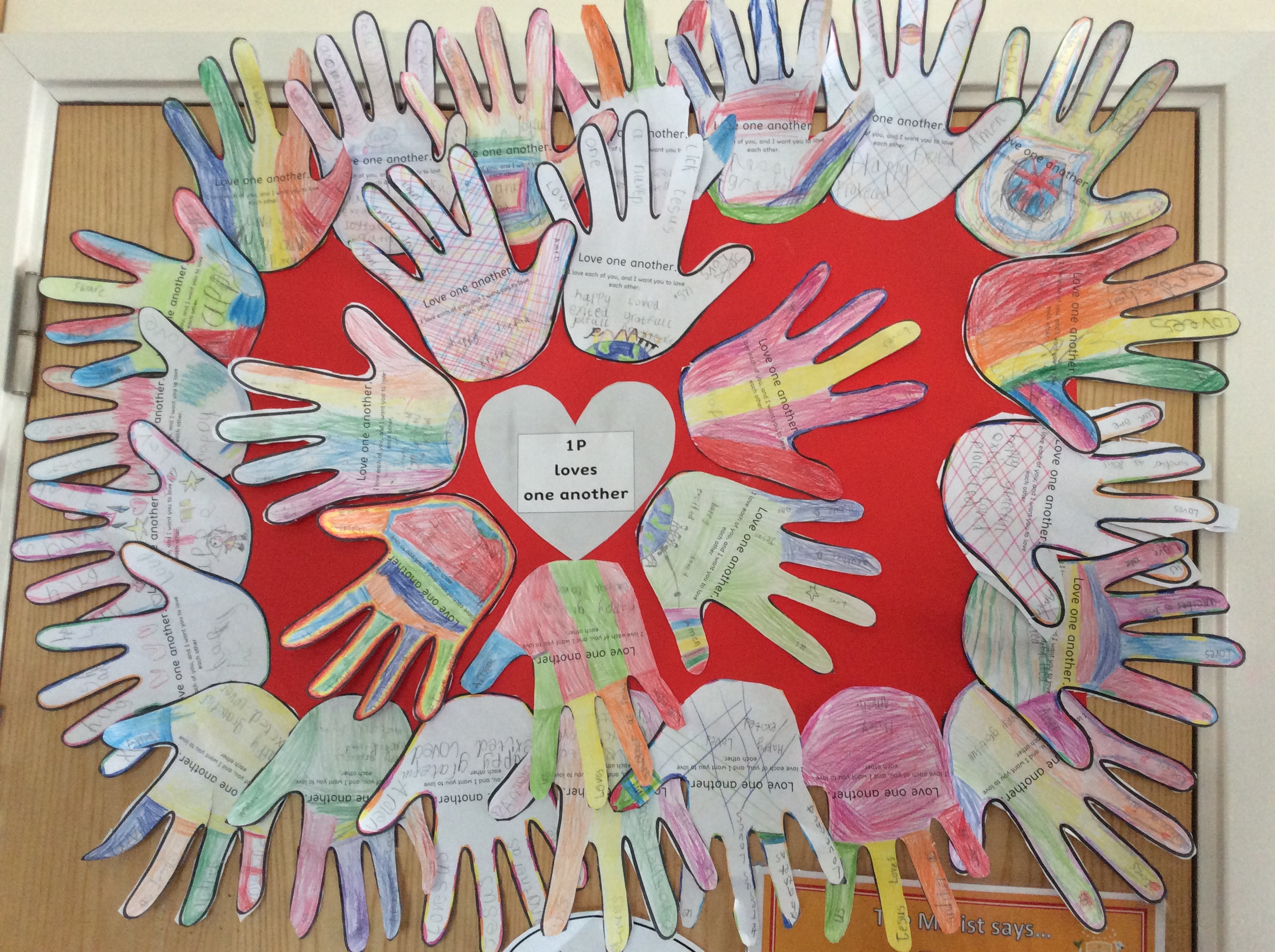Religious Education
Religious Education: Our Intent, Approach and Implementation
At The Marist our primary intent in teaching Religious Education is to learn, love and achieve together. We want our children to develop knowledge, understanding, reflection skills, analysis and religious experiences. In our Catholic community, we intend for our children to gain a wide range of experiences to build their sense of belonging alongside their individual faith.
We aims to enable the children to be active participants in RE through our curriculum as well as our whole school worships, Masses and celebrations. These all allow our children to feel they are an important part of our school community.
In line with the stipulation of the Bishop's Conference of England and Wales, the school spends 10% of the teaching week on Religious Education.
To access the Religious Education Directory, please click here
We have put together a PowerPoint presentation for parents which explores the curriculum intent for Religious Education at The Marist, as well as, explores the new RED in more depth.
Updated- From September 2025 all year groups will be covering the 'To know you more clearly' new curriculum with the Day by Day resources.
In line with our fellow Diocesan schools, we follow the Diocesan lesson plans 'Day by Day'. It seeks to present the teaching of religious education in a sequential and progressive form. The framework has four structural elements:
- Knowledge lenses which indicate what should be known by the end of each age phase. These are split into hear, believe, live and celebrate.
- The ‘ways of knowing’ are the skills which develop as the children progress through their curriculum journey. These are split into understand, discern and respond.
- Expected outcomes are set for each age phase and indicate what pupils are expected to know, remember and be able to do.
- Curriculum branches are the way the programme of study presents its model curriculum. There are six half term branches for each half term which are the same in each year group
Curriculum branches:
- Autumn 1- Creation and Covenant- Encounter the God who creates and calls all people with a focus on the accounts of Creation.
- Autumn 2- Prophecy and Promise- Explore the expectant waiting for the Messiah through the Advent season.
- Spring 1- Galilee to Jerusalem- Experience the ministry of Jesus, the Word of God. They will learn through parables, encounters, miracles and teachings.
- Spring 2- Desert to Garden- Study the season of Lent and its culmination in the events of Holy Week.
- Summer 1- To the ends of the Earth- Study the events that flowed from the Resurrection and Ascension in the coming of the Holy Spirit and the work of the apostles and early Church.
- Summer 2- Dialogue and Encounter- Learn how Christians work together with people of different religious backgrounds, building an understand that all people work towards a common good and should respect all humanity.
In terms of assessment, the RE curriculum requires schools to assess children against the end of phase statements. Children are assessed as meeting or not meeting the expected outcomes. The language of ‘working at greater depth’ in not used in the assessment of the RE curriculum.
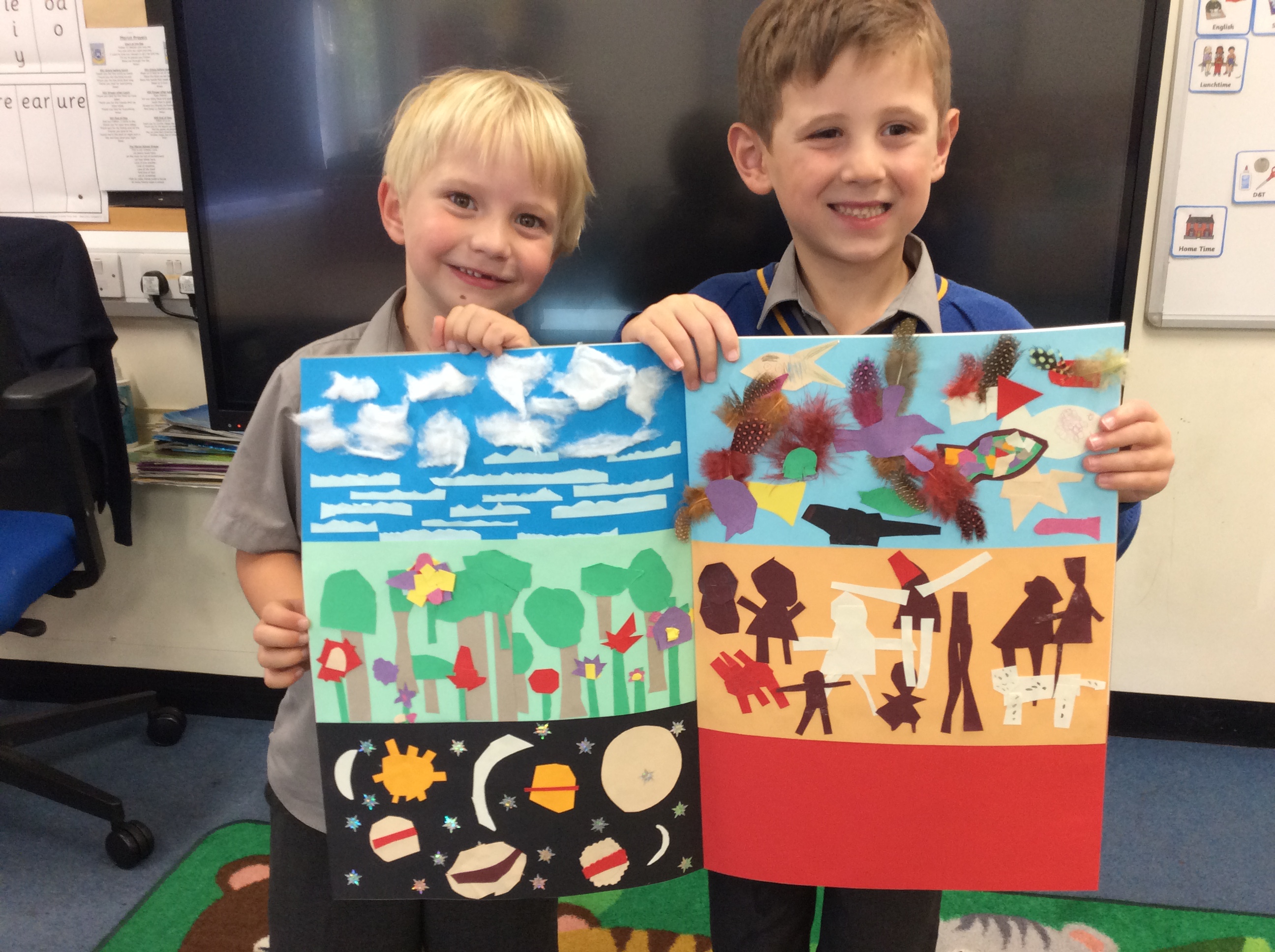
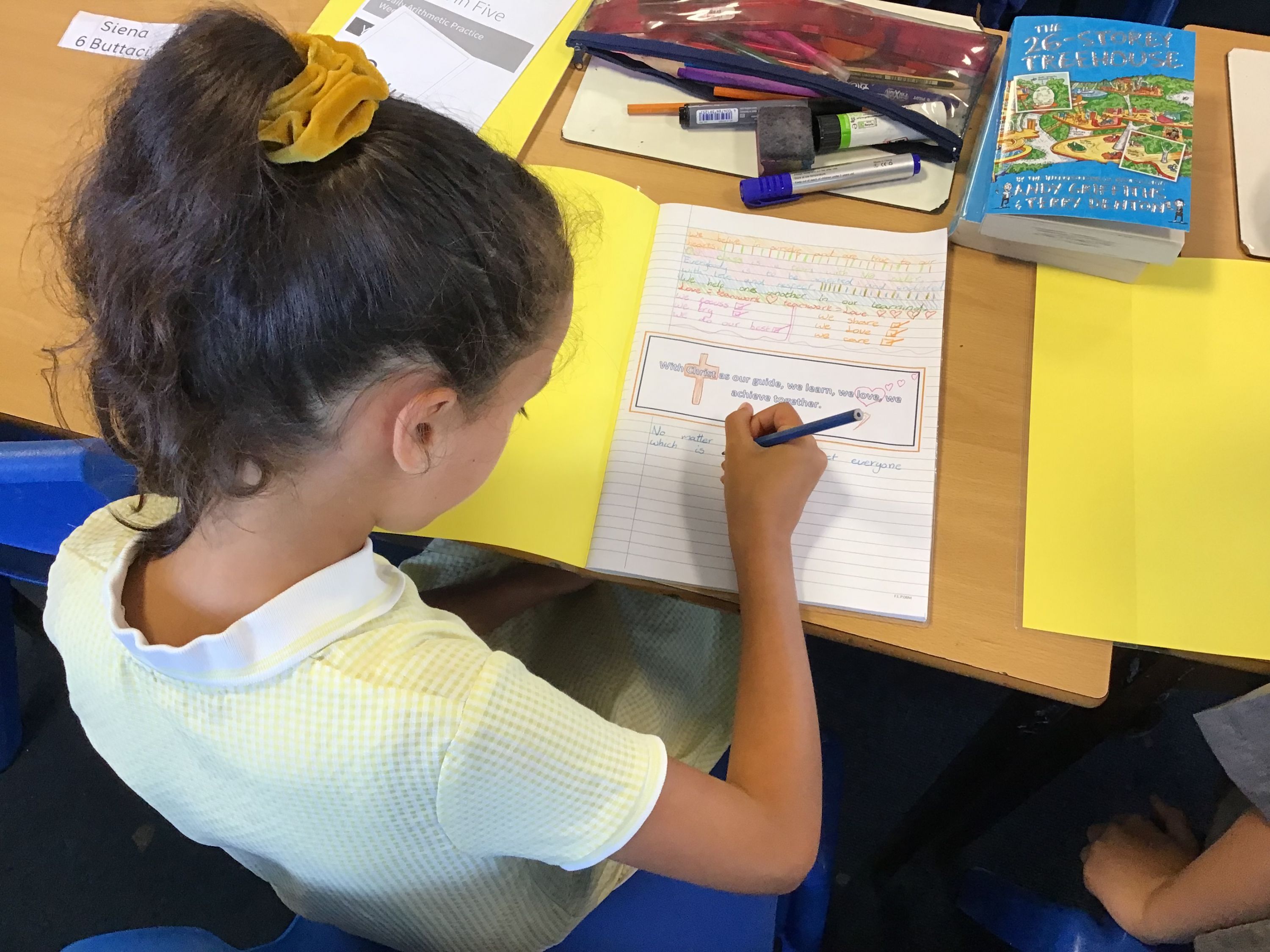
The Catholic Education Service has produced guidance on the parental right to withdraw a child from RE and Collective Worship. This can be found here.

